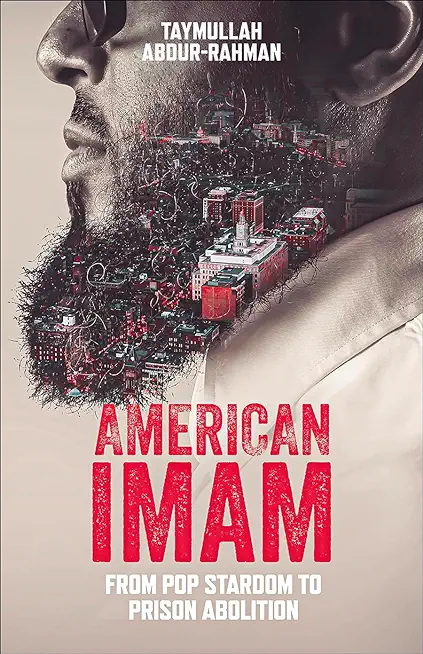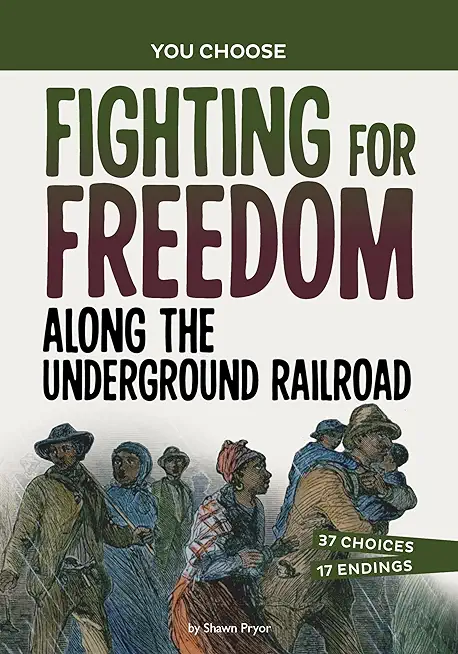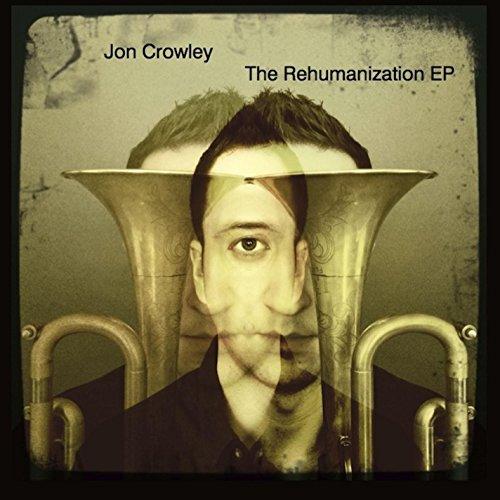
By the time he was twelve, Taymullah Abdur-Rahman (born Tyrone Sutton) was a rising pop star, recruited as part of the R&B group Perfect Gentlemen, with a top-ten hit, national teen magazine covers, and an appearance on The Oprah Winfrey Show. However, after his music career peaked, Abdur-Rahman found himself back home, with little to show for his success. He became a teen father struggling to survive in Roxbury, MA. Seeing Islam as a way to discipline himself in an unrelenting environment, he converted. He went on to work in a maximum-security prison as a Muslim chaplain, where he became zealously focused on saving souls instead of understanding the outside forces that lead men to prison.
Later, in his work as the first paid Muslim chaplain at Harvard, Abdur-Rahman began to seek counsel outside of Islam, engaging with Jewish and Christian mentors who opened his eyes to the gifts of interreligious dialogue and helped lead him to what he was truly seeking: enlightenment. With this new framework, he returned to working with prisoners and clearly saw the cyclical effects of systemic racism that keep Black and brown people locked up and without support in America today. A sweeping narrative, American Imam voices the contemporary concerns of Black Muslim Americans in the shadow of El Hajj Malik El Shabazz, in the aftermath of 9/11, and in light of the fights for social justice and prison abolition. Abdur-Rahman's story sounds an indelible rallying cry for understanding across race, religion, and cultural divides.







